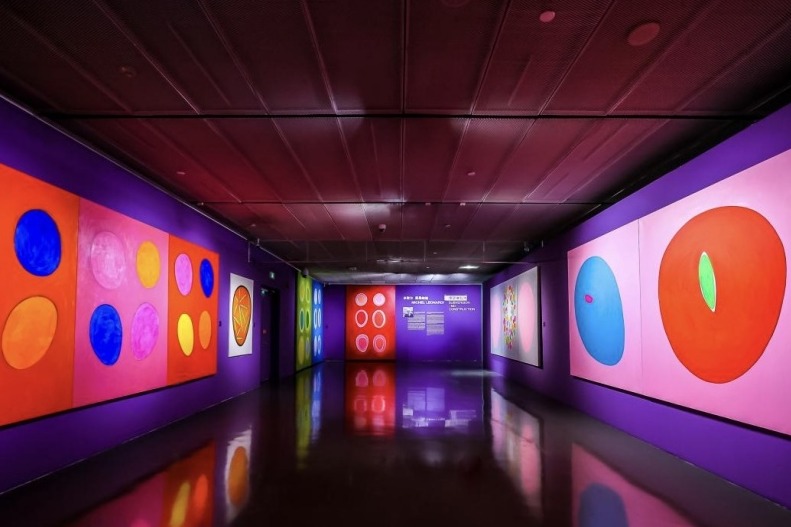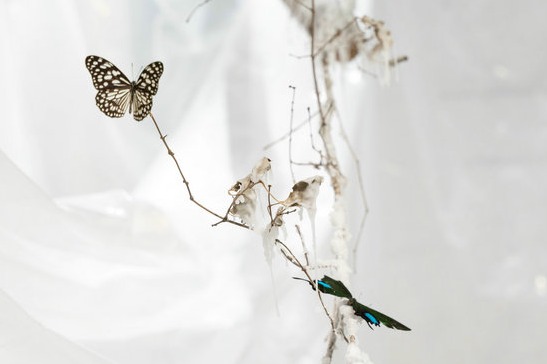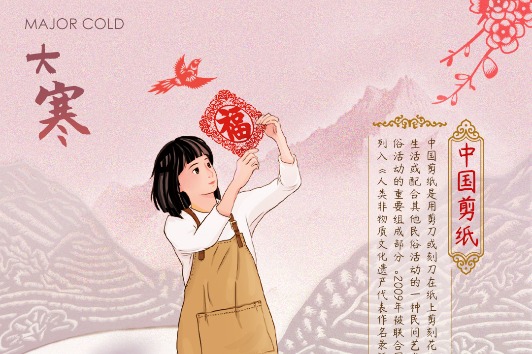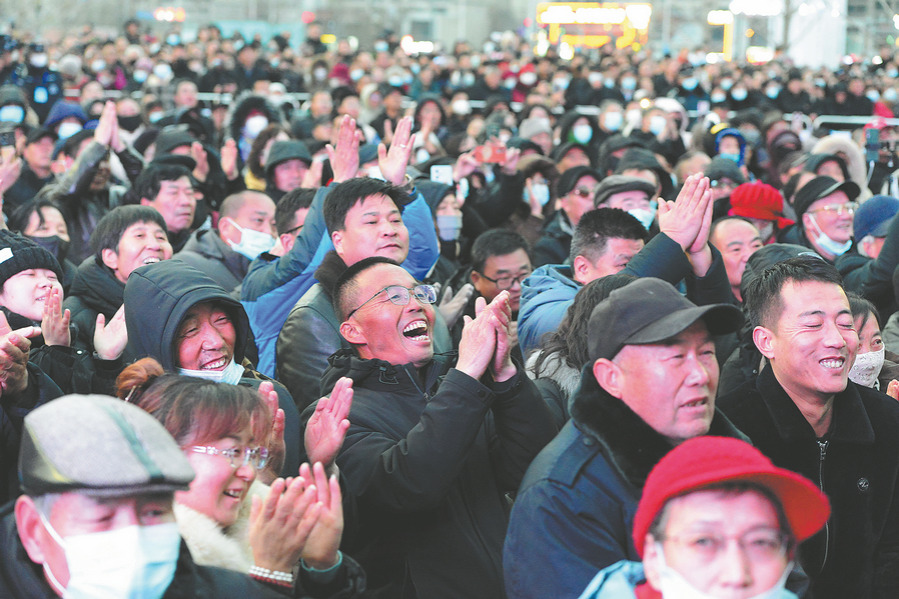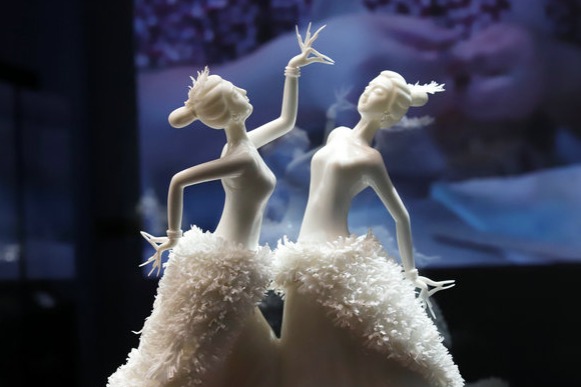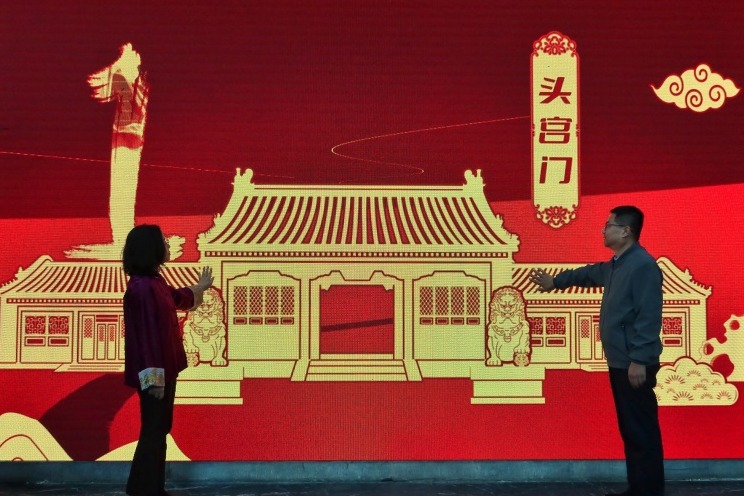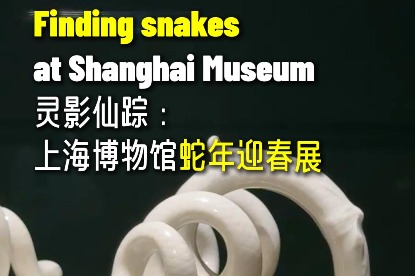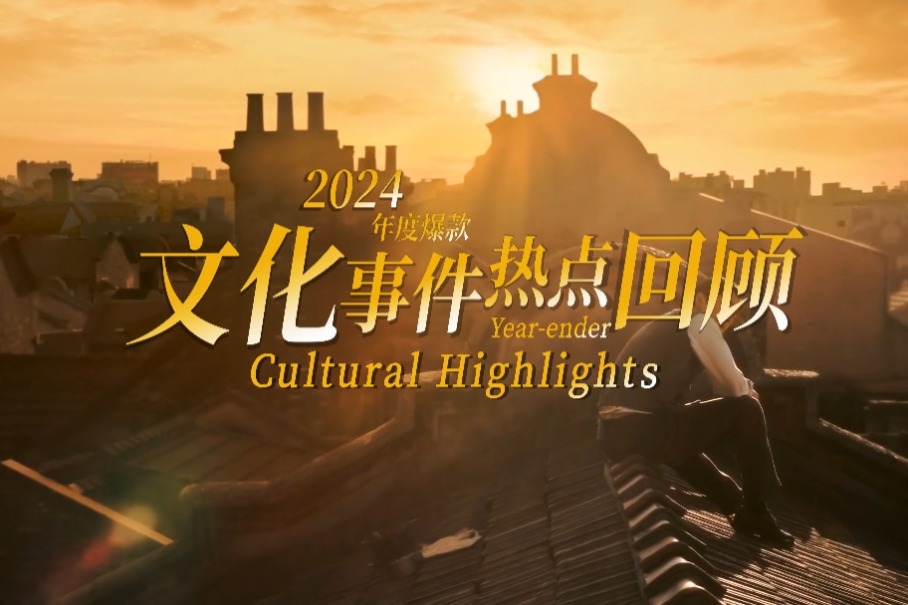Tunes of past and present

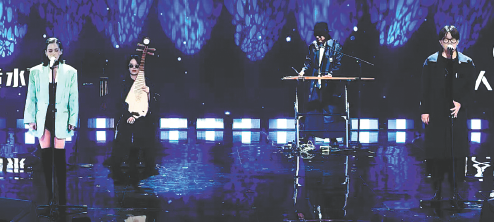 In China offers a platform for performers to mix music genres from East and West, as well as modern and traditional. CHINA DAILY
In China offers a platform for performers to mix music genres from East and West, as well as modern and traditional. CHINA DAILY
An online reality show seeks to display traditional music in a fashionable way for youngsters, Wang Kaihao reports.
Disco, hip-hop, rock 'n' roll and traditional Chinese cultural elements all come together in a kaleidoscopic charm in a reality show that premiered on Chinese streaming platform Youku in November.
Zhongguo Chaoyin, or In China, with its last edition to be streamed on Friday, is displaying the real "in "music in the country. The show triggered discussion among young netizens about guofeng-"Chinese flavor", a buzzword in entertainment for a few years. It describes the rise of traditional culture in animation, music and other art forms among the youth.
In China has also inspired people to think of new ways to explore hybrids of cultures.
Popular players of chiba (bamboo flute), pipa (traditional plucked instrument), guzheng (Chinese zither), suona (a double-reed horn), among other traditional instruments, presented their understanding of Chinese culture through melodies on the show. And new flavors were introduced by some bands that featured avant-garde music, thus mixing cultures in the performances.
"This show is experimental," says Wang Chenchen, director of In China. When producing the program, he wanted to discuss with performers musical aesthetics of the East in an open platform, he adds.
"Young generations growing up with the internet are used to globalization, and how to express our own cultural aesthetics thus becomes a meaningful topic," Wang says.
As a veteran producer of musical reality shows, Wang has tried to lead his team to embrace different things. For example, in music shows in China, guzheng players often bring works resonating with young audiences through traditional elements, but when electronic dance music is added to it, first-time listeners may take some time to get tuned in before appreciating it.
"People may not particularly notice traditional music in their spare time," Wang says. "But as long as hearing the melodies of flute or guzheng, they'll get moved. That's the cultural DNA of Chinese people.
"We set off a trend, and we don't expect everyone to instantly accept our experiment. But if more people follow to explore, we're approaching our target."
Wu Qunda is the screenwriter of the reality show. In his eyes, the lack of experience of similar shows has created a platform for this one.
"Some music genres, which seem irrelevant or even unreasonable to be mixed, just come together and breed something new," he says. "It's beyond our imagination and connects our past and future."
Wu says such a show also urges musicians to deepen their own understanding of traditional cultures. "If they don't have their unique perception, they're unable to easily mix their work with others."
In China also salutes veteran musicians who have been devoted to retaining tradition by unveiling their stories of protecting and reviving old musical instruments. Cui Junzhi, for instance, has spent decades reviving konghou, a harplike instrument that disappeared after the 14th century and only reappeared in paintings later. It has been revived and played since the 1980s.
Other established musicians also joined efforts with their younger counterparts on the show to display tradition in a fashionable way.
"After more 'in' music pieces of Chinese style are created, they'll be accepted by the public," Wu says. "More diverse stages will be set up."
Shi Rongshan is a suona player, who participated in the show. He is known to mix jazz in his performance. In spite of his popularity online, he says some people are reluctant to accept his creativity.
"People are used to traditional suona, and it's natural to feel unfamiliar at first," he says. "No music genre is exclusive in cultural communication, and that is how it can be promoted beyond language barriers."
Shi regularly plays in a rock 'n' roll band, which is also mixing suona with bass and guitar.
"It'll be great if our efforts get more young people to learn traditional instruments as well," he says.
Contact the writer at wangkaihao@chinadaily.com.cn


















